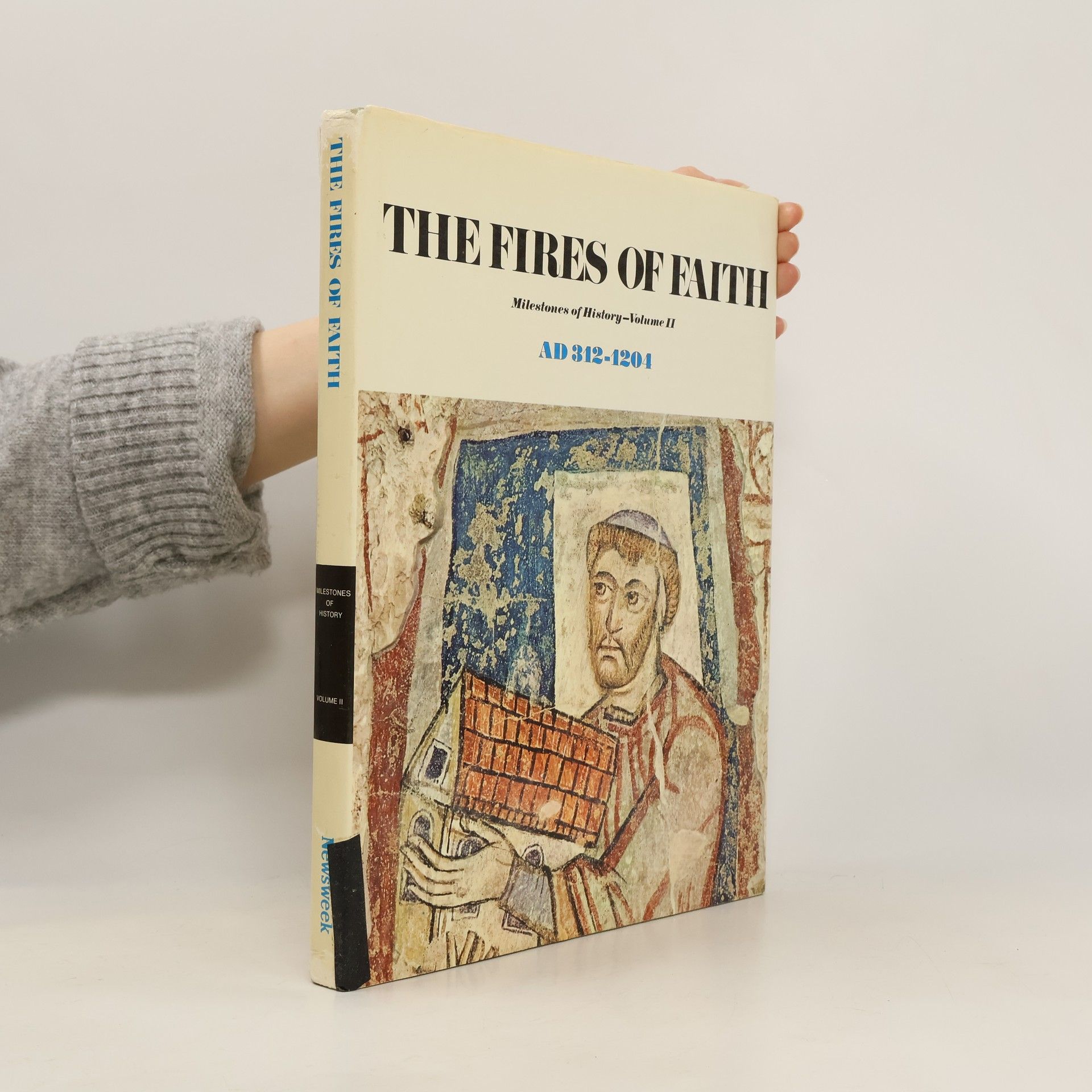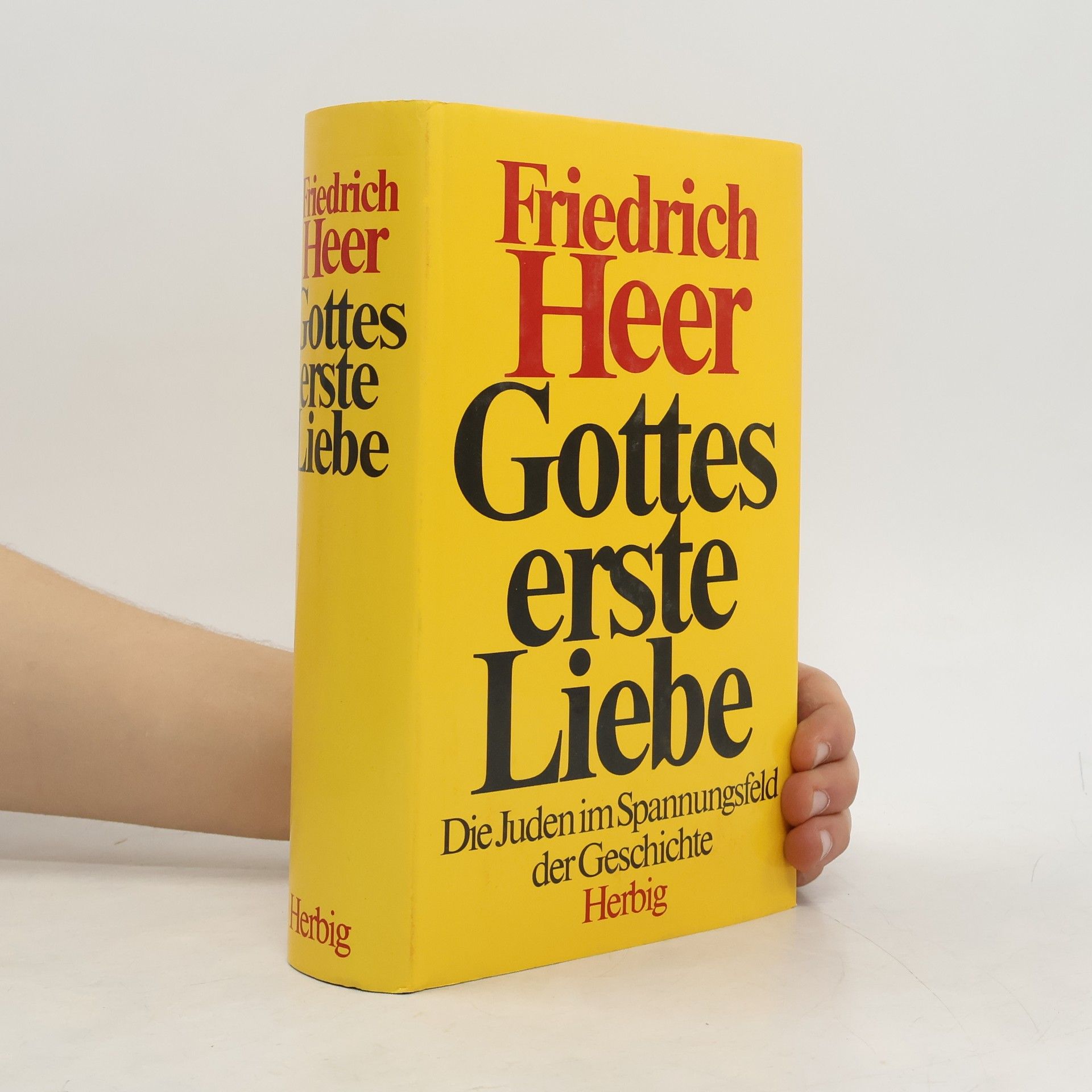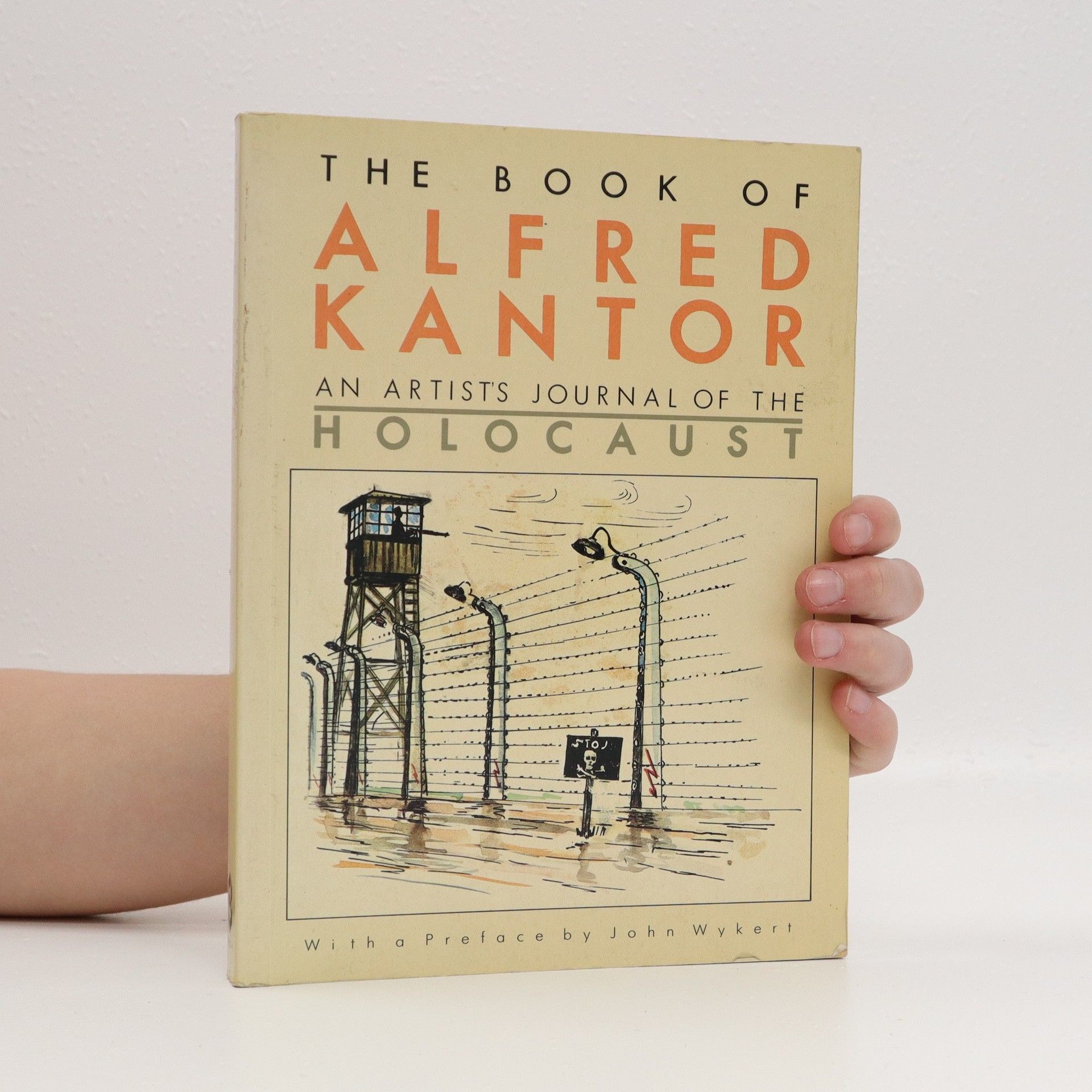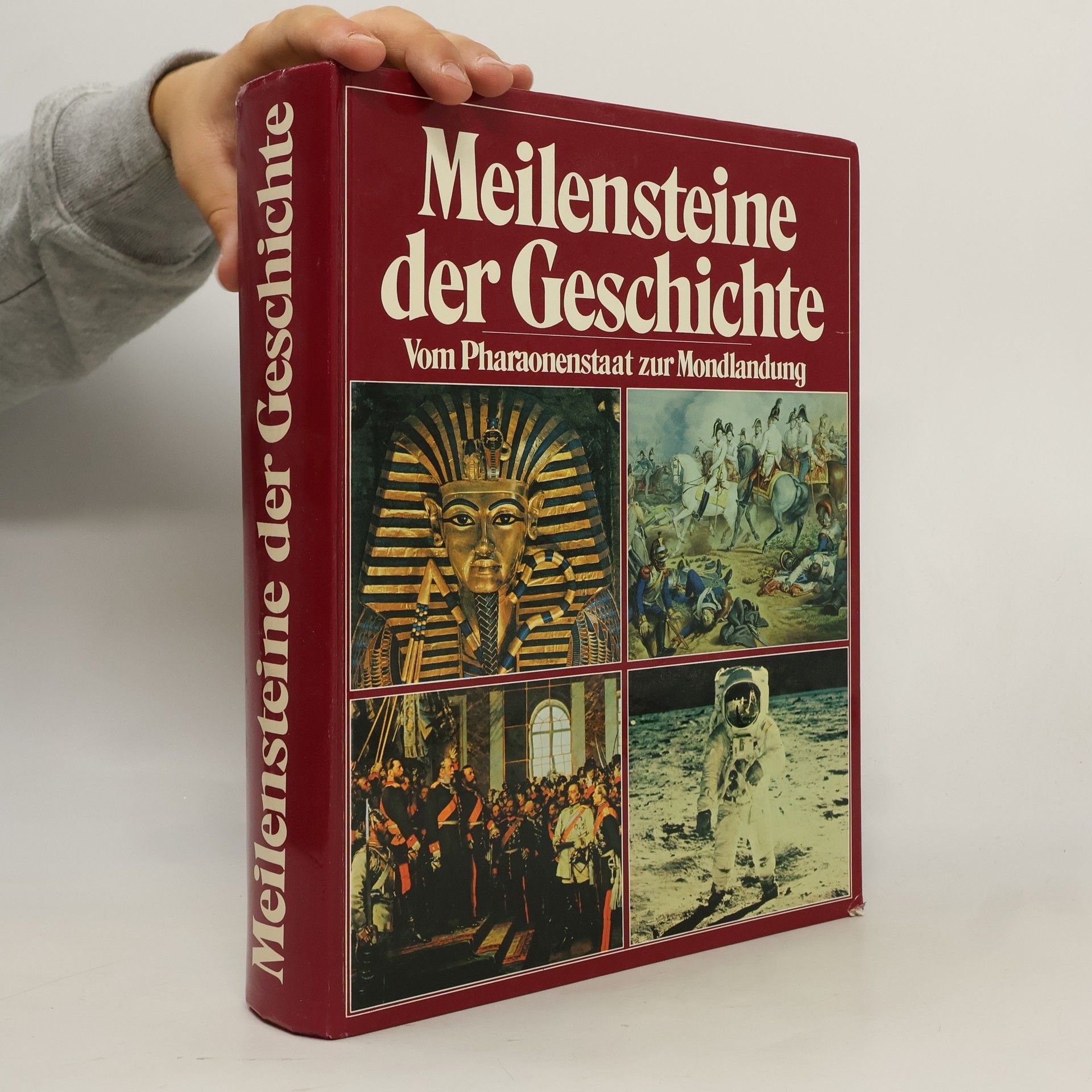Useful survey of `life and culture of the High Middle Ages', first published in 1961.
Friedrich Heer Libros
Friedrich Heer fue un historiador que, desde temprana edad, se opuso a la ideología nacionalsocialista. Su obra profundiza en las profundas conexiones entre la historia e identidad cristianas y judías. Heer exploró cómo estas dos religiones han moldeado la cultura y el pensamiento europeos. Sus exámenes críticos a menudo provocaron debates, destacando las complejas relaciones entre religión, política y sociedad.







The Holy Roman Empire
- 320 páginas
- 12 horas de lectura
The Holy Roman Empire, a relic of a lost age, dominated Europe for 1,000 years, from the time of Charlemagne until its final `demolition' by Napoleon. This study, over thirty years old and now reprinted again, charts the fluctuating fortunes of the Empire's dynasties, the Ottonians, Salians and Habsburgs, and their constant struggle to assert their inherited authority over Italy, Rome and the Papacy. Half of the study focuses on the post-medieval years.
The Fires of Faith
- 160 páginas
- 6 horas de lectura
Traces milestones of history from Constantine's unification of the western half of the Roman Empire under his name in 312 to the fall of Constantinople in 1204.
Die Nationalsozialisten verhafteten Friedrich Heer sechsmal, was ihn nachhaltig prägte. Als Historiker und Publizist war er ein Titan der Bildung, dessen Werke mit Verweisen und Anspielungen gesättigt sind. Die Erkenntnis, dass „Bildung vor Barbarei nicht schützt“, wurde für ihn zur Lebenslehre. Der Verrat am Geist, insbesondere die Bereitschaft vieler Akademiker, den Nationalsozialisten zu dienen, quälte ihn. Heer erlebte den rasanten Zerfall des österreichischen Katholizismus, als die Gläubigen 1938 für den Anschluss an das Deutsche Reich stimmten. Diese Erfahrung hinterließ eine unheilbare Wunde in seinem Leben. Heers unermüdliche Arbeit als Wissenschaftler und Publizist umfasste 50.000 Seiten und über fünfzig Bücher, darunter bedeutende historische Studien und biographische Arbeiten. Trotz seiner Berühmtheit erreichte er nie eine Professur in Wien, da er die Vertreter des politischen Katholizismus kritisierte. Seine Werke thematisieren den österreichischen Selbstverrat und die Versagen der Kirche. In seinen Schriften analysierte er die jahrhundertelange Geschichte des Antisemitismus und die Prägung Hitlers durch den österreichischen Katholizismus. Sein Hauptwerk, das den „Kampf um die österreichische Identität“ behandelt, verbindet historische Ereignisse mit der inneren Zerrissenheit der Österreicher. Heers Fähigkeit, Gegensätze zu versöhnen, war prägend, obwohl sie oft als Unfähigkeit interpretiert wurde. Sein Wunsch
Forfatterens dagbog og tegninger fra hans ophold i koncentrationslejrene Terezin, Auschwitz og Schwarzheide under 2. verdenskrig
Meilensteine der Geschichte
vom Pharaonenstaat zur Mondlandung
Evropské duchovní dějiny
- 768 páginas
- 27 horas de lectura
Průřez vývojem evropského náboženského a filosofického myšlení od konce antiky do XIX. století. Kniha rakouského historika, autora řady monografií a zejména velkých syntéz, je právě takovou širokou syntézou myšlenkových dějin západní Evropy. Od starověkých počátků a klasické antiky přes patristiku, raný a vrcholný středověk, reformaci a renesanci až po hlavní myšlenky 19. století ukazuje souvislost a sepjatost západoevropského myšlení, jehož hlavní osou je křesťanství. Heer si všímá nejen myslitelů teoretických, ale také umění, literatury a hlavně těch širokých a často přehlížených proudů „ducha doby“, které se v Evropě vždy šířily bez ohledu na hranice a utvářely její podobu.



